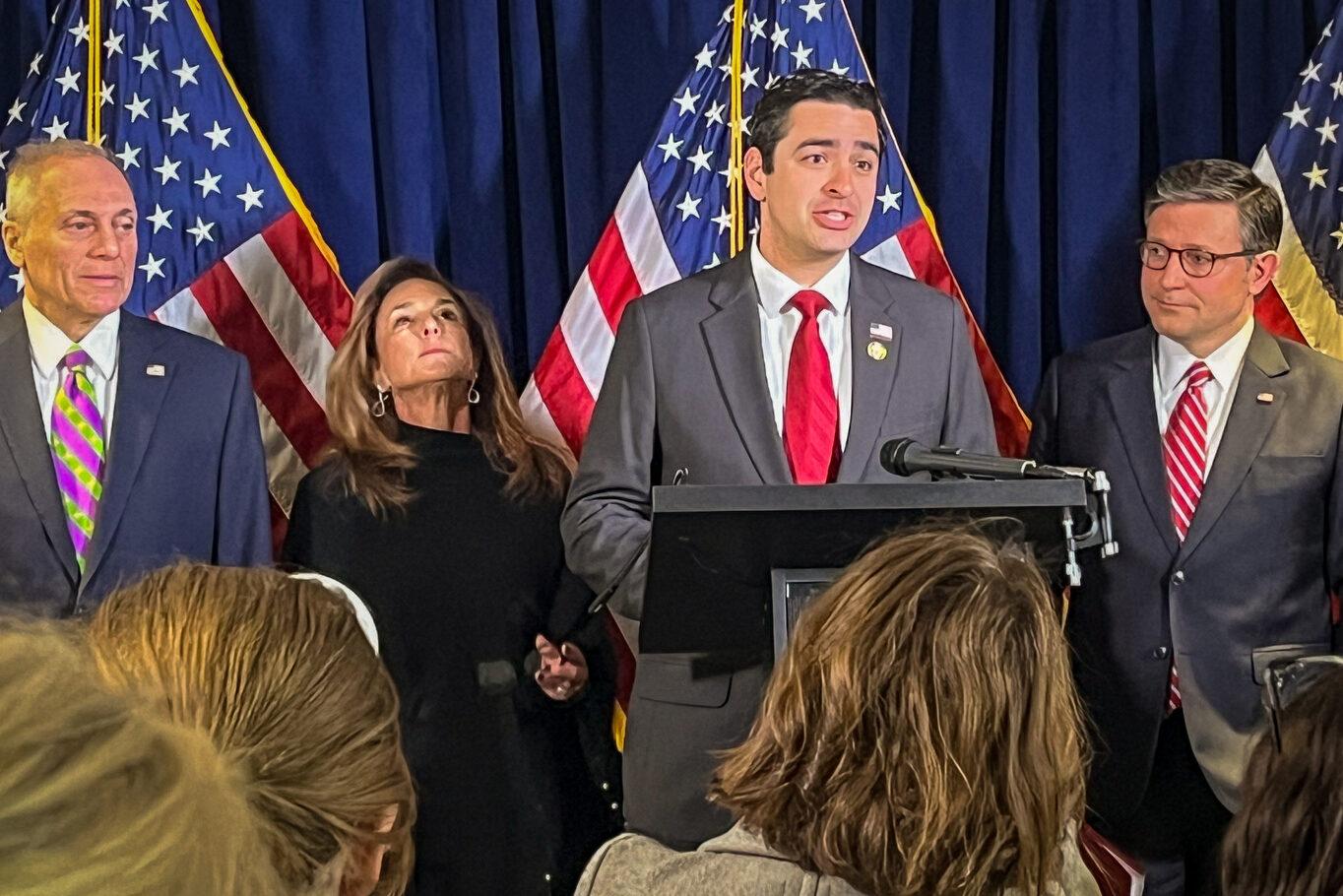

Denver property owners renting their homes through sites like Airbnb will face stricter rules because of new guidelines the city implemented on Wednesday.
The city will now be able to revoke, sanction or deny a short-term rental license or application if a rental property negatively affects the public health, safety or welfare of a neighborhood.
Ashley Kilroy, executive director of Excise and Licenses, said a situation where one property owner’s short-term rental license was revoked after several neighbors complained about rowdy parties is an example of the issues the city is facing.
“We’ve been hearing complaints from neighbors about noise and frequent disturbances in neighborhoods with short term rentals,” she said. “And so these new rules give us the ability to revoke or sanction those short term rental licenses for disturbances.”
The property owner’s license was ultimately revoked because the he was not using the home as his primary residence, one requirement from the city to rent a home short-term.
Property owners will also be required to carry a minimum of $1 million worth of liability insurance, notify their insurer that they’re using their property as a short-term rental and inform their HOAs that they’re using their home as a short-term rental.
Denver currently has 2,574 active short-term rental licenses compared to 2,037 in April 2018.
Kilroy said more short-term renters are learning the rules and coming into compliance.
“What we’re doing is bringing more and more of those people who are already advertising into the regulatory framework,” she said. “Through our education, through our outreach, through issuing warnings, we’re getting more and more people to become licensed.”
The city is near an all-time high compliance rate of 72 percent of online listings, compared to just 52 percent a year ago.
“Just as, you know, this market is continuing to innovate and change, our regulations are innovating and changing to keep up with the things that they’re doing,” Kilroy said.









